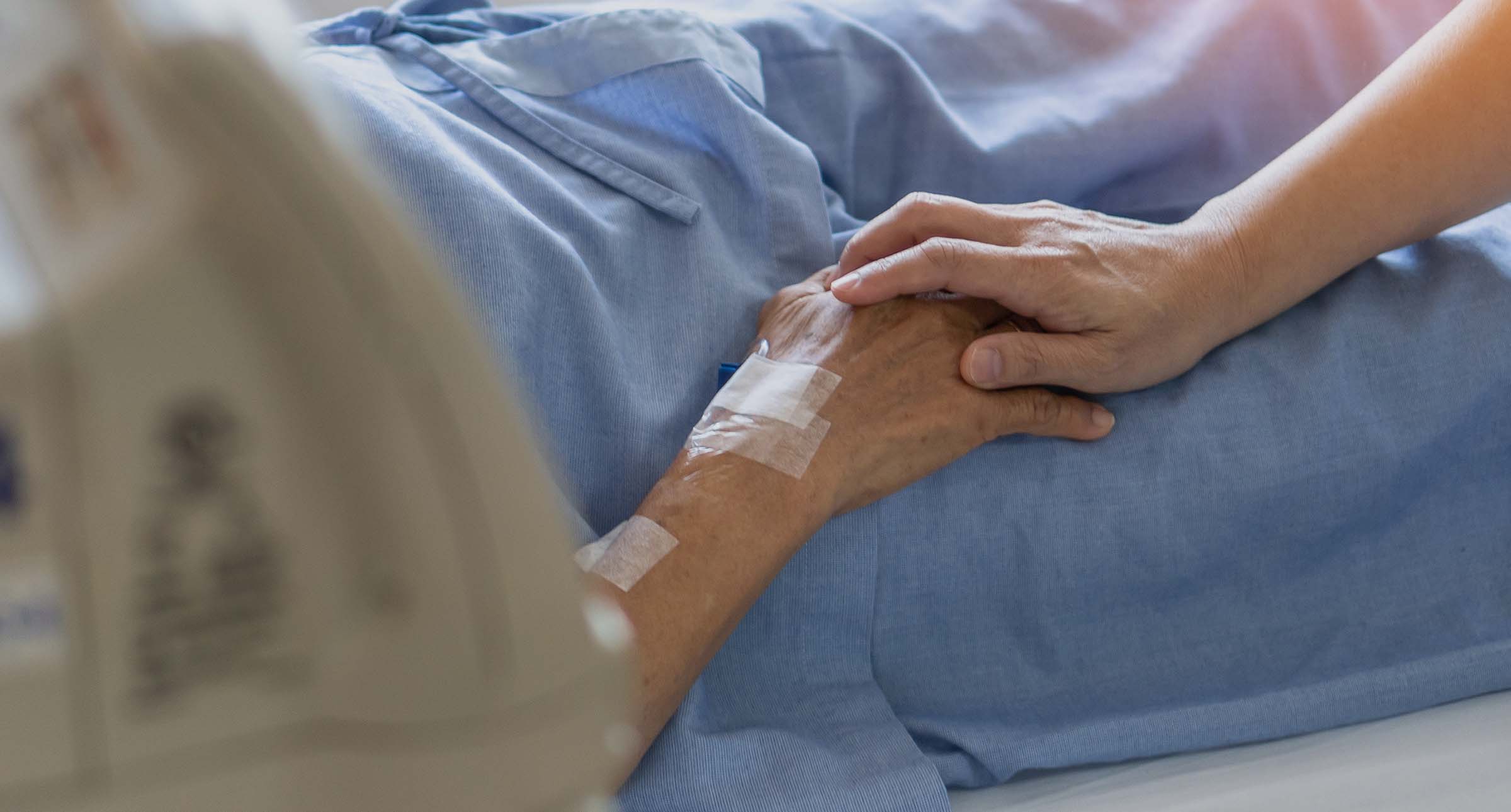The duty of candour five years on – has it had much of an impact?

During the Mid Staffordshire inquiry Sir Robert Francis QC called for openness and transparency within the NHS. As part of this, he advocated a statutory duty of candour, to ensure that patients harmed during NHS treatment were informed that this had occurred, and that an appropriate remedy would be offered, whether or not a complaint had been made.
This was not a new concept for the NHS, as there had been a contractual duty of candour since 1 April 2013 under the NHS Standard Contract. However the new duty placed matters on a statutory footing, making it an organisational duty where failure to comply can attract a fine.
The statutory duty has applied to all NHS bodies since 27 November 2014, and was extended to all other CQC registered providers on 1 April 2015.
What is the duty of candour?
In addition to a general duty under regulation 20(1) to act in an open and transparent way with patients and their relatives in relation to their care and treatment, there is also a specific duty under regulation 20(2) which requires that:
‘As soon as reasonably practicable after becoming aware that a notifiable safety incident has occurred a registered person must (a) notify the relevant person that the incident has occurred and (b) provide reasonable support to the relevant person in relation to the incident.’
Essentially if harm has been caused by medical treatment, the patient or their family should be informed as soon as possible by the relevant medical practitioner.
But, what exactly is a notifiable patient safety incident (NPSI)?
A NPSI is any unintended or unexpected incident that has occurred during the provision of care or treatment, which has or could result in one of the four harm thresholds: death, serious harm, moderate harm and/or prolonged psychological harm (for a period of over 28 days).
And how do you identify ‘moderate harm’?
Moderate harm is:
- a moderate increase in treatment, which might include an unplanned return to surgery or re-admission; a prolonged episode of care; extra time in hospital or as an outpatient; the cancellation of treatment or transfer to another treatment area; and
- significant, but not permanent, harm.
What does the duty of candour state practitioners must do?
The statute provides that an apology must be given. This should not amount to an admission of liability, but an expression of ‘sorrow or regret’ for the harm that has arisen. The discussion should be in person, and would usually be delivered by the clinician or nurse with overall care of the patient.
Has the duty of candour worked?
Unfortunately, it would seem, no. A 2016 study carried out by Action against Medical Accidents found that CQC duty of candour inspections were “inconsistent” and “often superficial.” A quarter of CQC inspection reports included little or no evidence to show that the regulator was taking steps to ensure that NHS Trusts improved compliance, and 7% of reports did not refer to duty of candour at all.
AvMA’s research, which analysed 90 CQC reports of inspections of NHS trusts in 2015, revealed that nearly two-fifths of CQC reports contained criticism of how a Trust was implementing the duty, but only 14 of these went on to make a recommendation to improve. Where recommendations had been made to improve implementation the CQC was unable to “provide a single example” of a Trust having responded with details of the action they would take.
In a positive step for the duty, however, in January 2019 the CQC announced that Bradford Teaching Hospitals NHS Foundation Trust had become the first NHS Trust in England and Wales it had prosecuted for failing in its duty of candour.
The case related to a baby who died after being admitted to Bradford Royal Infirmary in July 2016. Although the Trust had recorded the baby’s care as a Notifiable Safety Incident – triggering the operation of the duty of candour – the family were not informed of this and did not receive an apology or explanation until October of that year.
What has been the impact on claims?
It would seem to follow logically from the proper implementation of the statutory duty of candour that more patients would be aware when things had gone wrong with their treatment, and perhaps that more would bring claims. It is by no means certain that this has been the outcome. In fact, statistics published by NHS Resolution have revealed that the number of medical negligence claims made in 2017/2018 was 10,673, compared with 10,686 made in 2016/2017. The number of claims against the NHS has been decreasing over the last four years when they peaked at 11,945 claims in 2013/2014.
Regardless of the impact on the number of actual claims being made, it must inevitably be the case that a properly operated duty of candour will increase the numbers of patients who are aware that their diagnosis and treatment has been delayed, or that an operation has not gone according to plan, where harm has resulted.
Now that the CQC has shown that it is prepared to prosecute Trusts for their failure to comply with the duty of candour it may well be that compliance will improve significantly. If so, an increasing number of injured patients will be empowered to investigate the circumstances of how they have come to harm, and perhaps to bring medical negligence claims for damages, if advised to do so.
If you or someone close to you has experienced harm as a result of medical negligence, and want to seek answers, please contact our team to find out if we can help.
Call now






